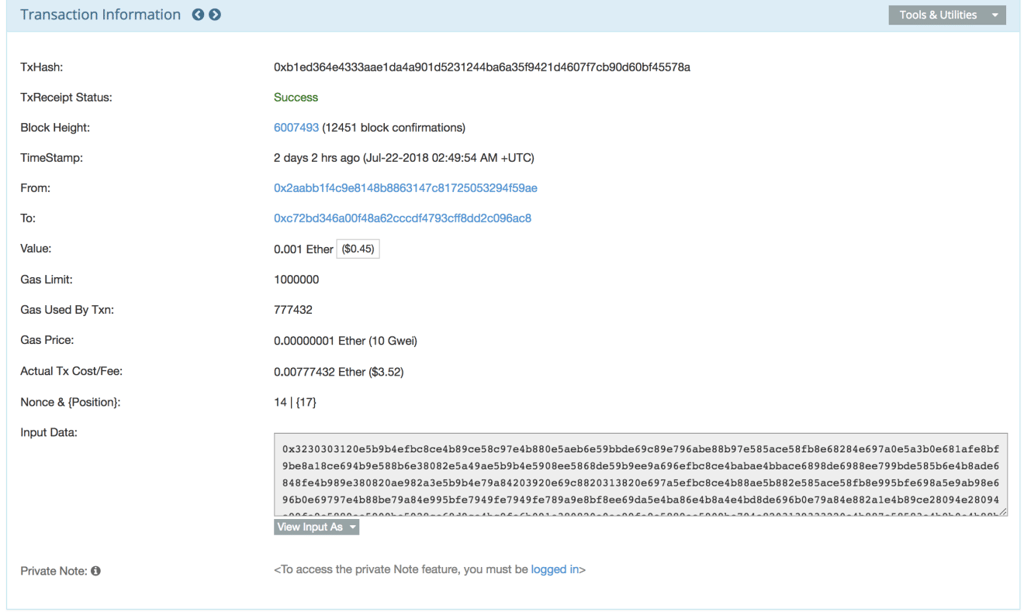Advertisement
China’s netizens use blockchain to spread censored news
Chinese censors regularly clamp down on negative news stories
Reading Time:2 minutes
Why you can trust SCMP

This article originally appeared on ABACUS
Some people use cryptocurrencies as a way of transferring digital assets. Now, people in China are turning to them in an attempt to evade the snooping eyes of the country’s censors.

It all started last week when the food and drug administration of the northeastern province of Jilin announced that a major drug maker had been supplying inferior vaccines that were given to babies as young as three months’ old.
Advertisement
The story struck a chord with many Chinese, sick of a system they see as tainted by corruption and weak regulation -- and many of them took to social media to vent their frustration.
But then the Chinese government decided enough was enough and promptly started deleting posts and stories about the scandal from platforms like WeChat.
Advertisement
One of those censored stories was called "The Vaccine King" and it quickly gained traction online -- but was soon blocked, as TechNode reports.
Advertisement
Select Voice
Select Speed
1.00x